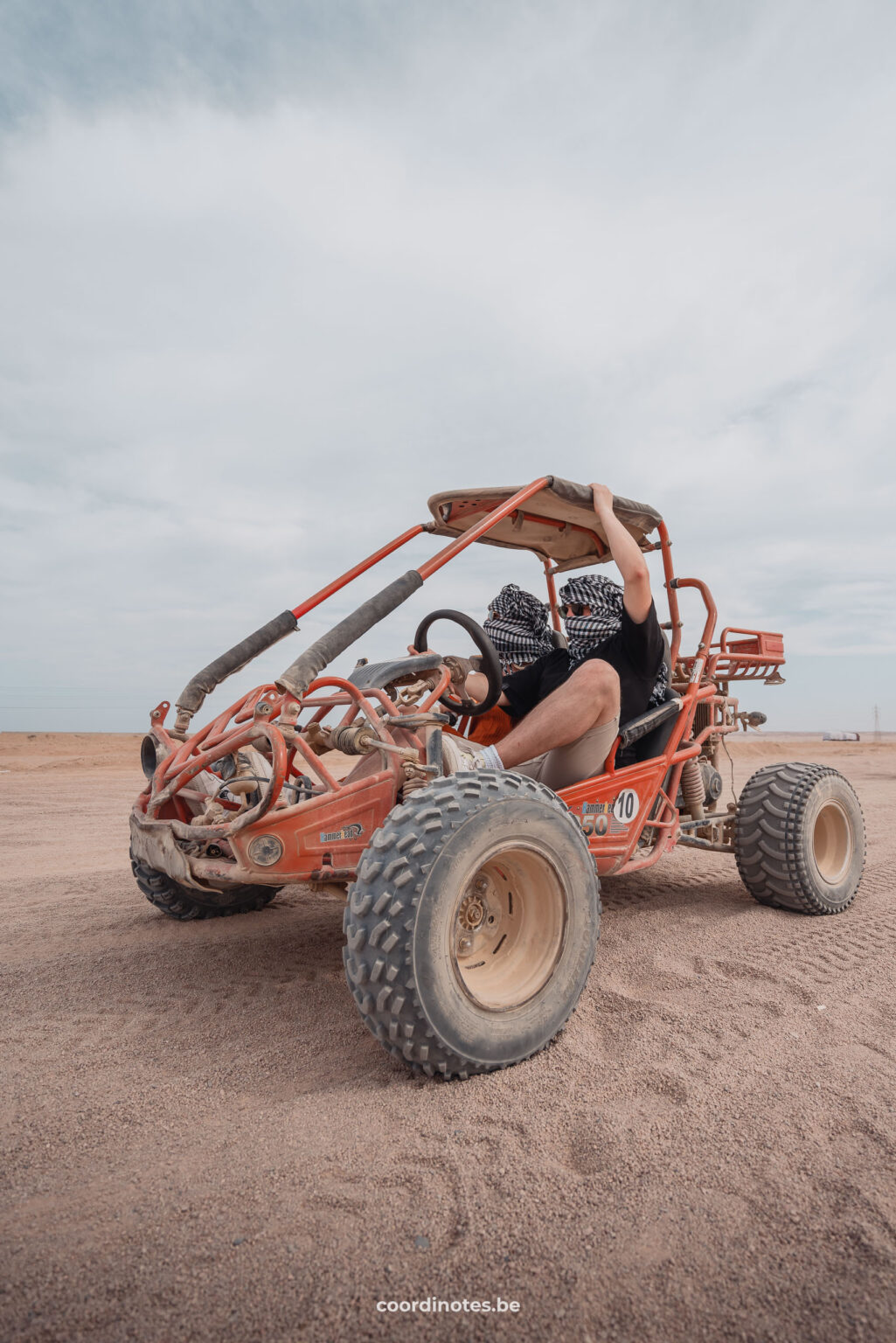Egypt: home to the pharaohs, the world-famous pyramids, and one of the oldest and most fascinating histories in the world. This country is mostly known for its impressive pyramids, but Egypt has so much more to offer. From the Sahara desert, the river Nile, and the Red Sea, to the tombs, temples, and mummies… Isn’t Egypt on everyone’s bucket list?

The best time to visit Egypt is between October and April. During this period temperatures are cooler, but you can still be sure there will be a lot of sun. The temperatures are then ideal for exploring. In the evening it can cool down, so be sure to bring a sweater.
The peak months are December and January, so keep in mind that during this period it can be extremely busy at the tourist attractions, and accommodation prices will be a lot higher.
If you want to avoid the crowds, it’s best to travel during shoulder season from March to May or September to early October. But keep in mind that it can get very hot, especially during May and September.
The summer months July and August are low season as temperatures can rise up to 42°C.
The official currency in Egypt is the Egyptian pound (EGP) and you can pay by credit card in bigger restaurants and hotels, but not everywhere. It is therefore always useful to have enough cash with you and also to give tips. In many places they also take euros. If not, you will find ATMs in every tourist area where you can withdraw money, but not in the more remote places.
The official language in Egypt is Arabic. As Egypt was a British colony around 70 years ago, English is also widely spoken among the educated inhabitants, especially in touristic areas.
Egypt is, in general, a safe country to travel to. The crime rate is low but you have to be aware of pickpockets and scammers. Within the tourist areas, there is increased security, but outside here you should always be on your guard, especially if you are traveling alone. For their own comfort, women are not advised to travel or walk down the street alone, as catcalling is a common occurrence.
Tourists are often taken advantage of. They get scammed by charging exorbitant prices and sometimes they pretend to be a tour operator or a taxi when they are not. It is therefore definitely recommended to compare or book a pre-organized tour. This can be done easily for example via Viator.
It is not recommended to drink tap water in Egypt. It is often purified with chlorine so that it can cause stomach problems. It is perfectly possible to shower and brush your teeth with this water.
Drinkable mineral water is easily available in hotels, restaurants, and shops.
The dress code in Egypt, especially for women, is considered conservative by Western standards. Women should always cover up from their shoulders to below the knee, so no shorts or tank/sleeveless tops (especially in Caïro) or any other too-revealing outfit. For men normal trousers and (T-)shirts are fine.
As Egypt is an African country, European roaming charges don’t count. We therefore recommend purchasing an ESIM. Jetpac is an excellent partner for this!
In Egypt, it is common to negotiate the price of a product. By haggling a product will often cost you less than what they originally asked for.
In Egypt, it is common to tip (also called ‘Baksheesh‘) anyone who has done something for you, regardless of whether or not the person has done the job well. Normally tips are around 5-10EGP or 10% of the bill.
Unfortunately, this is also taken advantage of and they’ll try to do something for you at every possible moment, while you could just as well have done this yourself. So sometimes you’ve got to put your foot down if you just want to carry your luggage yourself.
For Egypt, there are two associated plug types C and F. The standard voltage is 220V and the frequency is 50Hz.
The time zone in Egypt is GMT+2 year-round.
Fly to Egypt at the best prices! Our partners offer many airlines on their platform so you can compare what is the best option for you.
© 2024 - All Rights Reserved.
Made with ❤ by Sarah & Cédric - Coordinotes